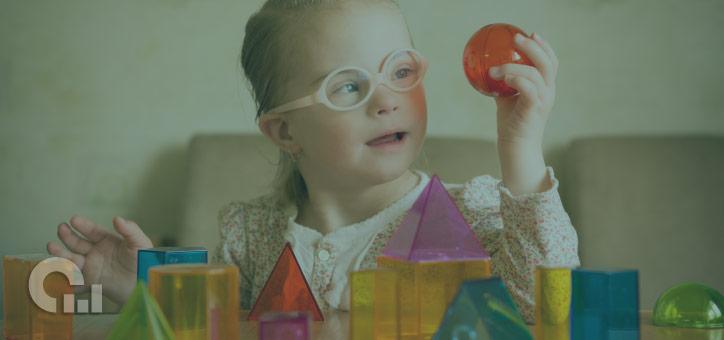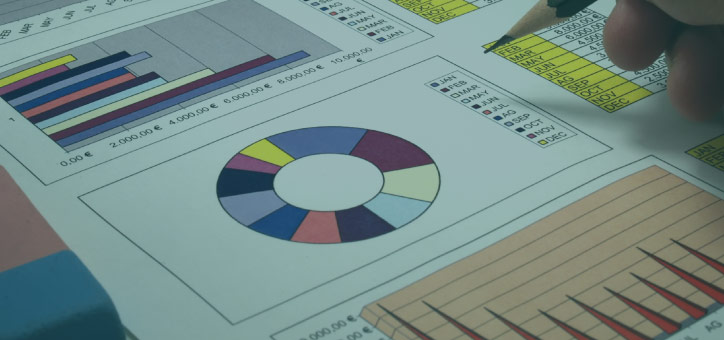There are two prevailing theories related to early childhood education, which are ‘early childhood special education‘ and ‘early intervention‘, or ECSE/EI.
These are two distinct types of services and support put into place for children, from birth to around age five, who have or are at risk of having disabilities or delays that could impact the progress of their development.
These policies date back to the mid-80s (1986) and are now ingrained within federal policy (the Individuals with Disabilities Education Act, or IDEA). More recently, they’ve become known as ‘Part C’, an early intervention plan for young children and their families or carers. Additionally, there is ‘Part B’, which deals with preschool funding grants for young children with disabilities between the ages of three and five.
Continue on to learn all you need to know about early childhood special education.
What Is the Concept of Early Childhood Education?
While the above information explains which groups of children are covered by the broad term ‘early childhood special education‘, we should also understand that early childhood education is not just a term reserved for those who suffer with disabilities or learning delays. It is in fact a broad area of education around which many degree programs are structured, designed for those who wish to become early childhood educators.

You see, this branch of education relates specifically to children who fall within the age range of birth through to around eight years old. This is a critical period in a human’s lifespan for their cognitive, social, emotional, and behavioral development.
During this period of life, a child’s surroundings heavily influence the type of adult they will become; studies have even evidenced that those who receive high-quality schooling and care during this period will go on to succeed to a greater degree in their careers and adulthood than those who miss out on such services.
What Is the Purpose of Early Childhood Special Education?
Early childhood special education (ECSE) services are specially designed for young children up to the age of five who need structured and carefully constructed curriculums. Many children that fall into this group are not able to participate in the usual developmentally appropriate activities that are presented to children in preschools. Therefore, under the above policies, school districts are mandated by law to provide separate, appropriate activities for children following ECSE programs.
Ensuring that these programs exist means that these children are not prevented from gaining an education and participating in preschool activities. Their unique needs will be met and they will be able to develop in the same way as other children of the same age, including developing social skills and relationships, and acquiring other skills and knowledge.
How Do I Become an Early Childhood Special Education Teacher?
Special education teachers who work within a public school are expected to hold at least a bachelor’s degree. Additionally, to work in a public school, you will need to hold the licenses or credentials relevant to that state. In a private school, you might not need licensure or certification, but you will still need to hold a bachelor’s degree.

In some states, this degree will specifically need to be in special education, though some states will allow you to major in another subject area — sometimes in a content area, such as English or Math — providing you gain a minor in special education. Those with an unrelated degree are unlikely to be accepted, as you’ll need this academic background to understand the various disabilities that can present themselves, in addition to the types of specialist support and activities that will be needed to succeed in the role.
The good news is that in 2019, special education teachers earned a median pay of around $61,030 according to the Bureau of Labor Statistics (BLS). What’s more, the highest 10% of earners in this field made around $100,000 or more, making this a lucrative career. For reference, the average U.S. salary for all other occupations was around $39,810 in May 2019.
What Is Meant by Early Childhood Assessment?
Early childhood assessment is a technique that’s employed to gain essential information about a child’s development and their growth. Many degree programs now include training in this process, often required by law, as it’s critical to planning appropriate activities that the children in question are guaranteed to understand and benefit from in their learning.
What Is Early Childhood Intervention?
Early intervention in childhood years refers to services that are designed to help children or babies who are experiencing delays in their development (potentially due to disabilities). These can include services such as physical therapy, speech and language therapy, and more, designed to address impediments in the basic skills that children should possess to be able to engage with the learning process. If these issues are not addressed, it can have a significant impact on a child’s ability to learn.





